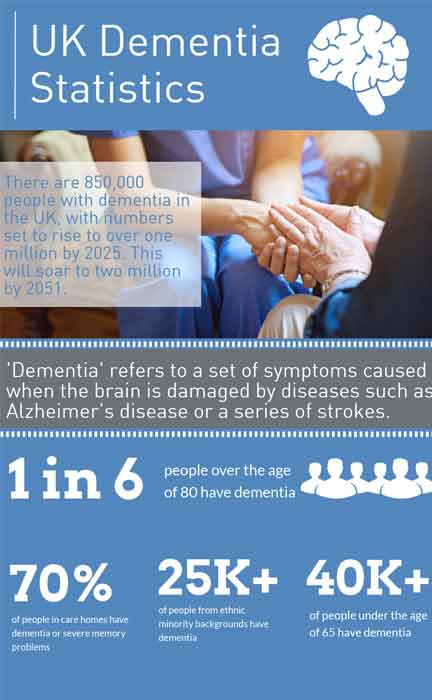It is understandably a very emotional time when someone sadly passes away and you may feel like you have a million and one things to do. The first and most important thing to know is that there is no rush with any matters, you must take your time and...
At Stephensons we want all clients to feel that they are receiving the best possible support, and there are a number of things we can do to help people with dementia, when they seek legal advice. By 2025, over one million people will have dementia, our team has taken training and continues to learn and make adjustments to how we deliver legal services to help those with the condition.
Stephensons’ probate team are dementia friends and we aim to become dementia champions. This means we have looked at how we deliver our services in the three main areas: people, processes and physical environment so we can give the best possible service.
If you would like further information on how we can help you, please call us on 0333 344 4773 for a no obligation initial chat with one of our advisors. We have a team of friendly and approachable advisors who are waiting to take your call. They will talk to you about your situation without using legal jargon and they will do their best to make you feel comfortable and at ease. If you don’t want to call us initially you can contact us at a time most convenient to you, anytime of the day or night, through our online enquiry form and we will get back to you as soon as we can to see if we can help.


